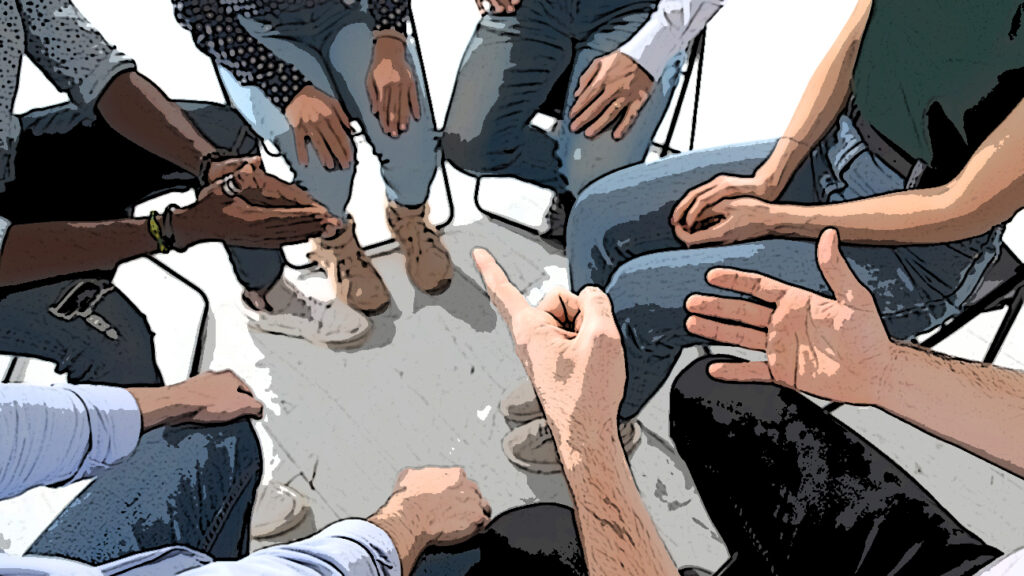Building a Fairer World for Tomorrow
Justice for Teens
As teenagers, you’re at a stage in life where you start to question the world around you and form your own sense of right and wrong. Justice isn’t just a word; it’s a principle that impacts your life, your community, and your future. Understanding and advocating justice for teens is not just an adult responsibility—it’s your right and your power to create meaningful change.
What is Justice?
Justice means fairness, equality, and the protection of everyone’s rights. It’s about making sure that laws, policies, and actions benefit people fairly without discrimination or harm. Justice isn’t just for courtrooms—it’s for schools, families, and friendships. It’s about treating others with respect and standing up when something isn’t right.
Why Justice Matters to Teens
Justice matters because the decisions made today shape the world you’ll inherit tomorrow. Whether it’s climate change, access to education, or freedom of expression, these issues directly affect your future. Being aware of injustices, such as bullying, systemic racism, or gender inequality, allows you to recognize where change is needed and how you can make a difference.
How Teens Can Advocate for Justice
- Educate Yourself: Learn about the issues affecting your community and the world. Read books, watch documentaries, and follow credible sources online to understand different perspectives.
- Use Your Voice: Speak out against unfair treatment. Whether it’s reporting bullying at school or joining a campaign for social change, your voice matters.
- Get Involved: Participate in initiatives that promote justice. Volunteer at local charities, join advocacy groups, or support organizations fighting for equality and fairness.
- Practice Empathy: Justice starts with understanding others’ experiences. Listen to your peers, support those in need, and strive to build inclusive environments.
- Know Your Rights: Familiarize yourself with your rights as a teenager. Whether it’s in school, at work, or online, knowing your rights helps you stand up for yourself and others.
Examples of Teens Leading Change
Many young people around the world are already champions of justice. For instance:
- Malala Yousafzai fought for girls’ education and became the youngest Nobel Peace Prize laureate.
- Greta Thunberg has inspired millions to take climate action, holding world leaders accountable.
- Teens in local communities are organizing protests, creating social media campaigns, and starting conversations about mental health, LGBTQ+ rights, and racial justice.
Building a Just Future
Justice isn’t achieved overnight. It requires ongoing effort, collaboration, and courage. As teens, you have unique insights, energy, and creativity to address challenges in ways older generations might not. Whether it’s through art, technology, or activism, your contributions are invaluable.
Remember, justice is about doing what’s right, even when it’s difficult. It’s about creating a world where everyone has a fair chance to succeed and thrive. By advocating for justice, you’re not just improving the present—you’re building a brighter future for all.
Share this content:






















Post Comment